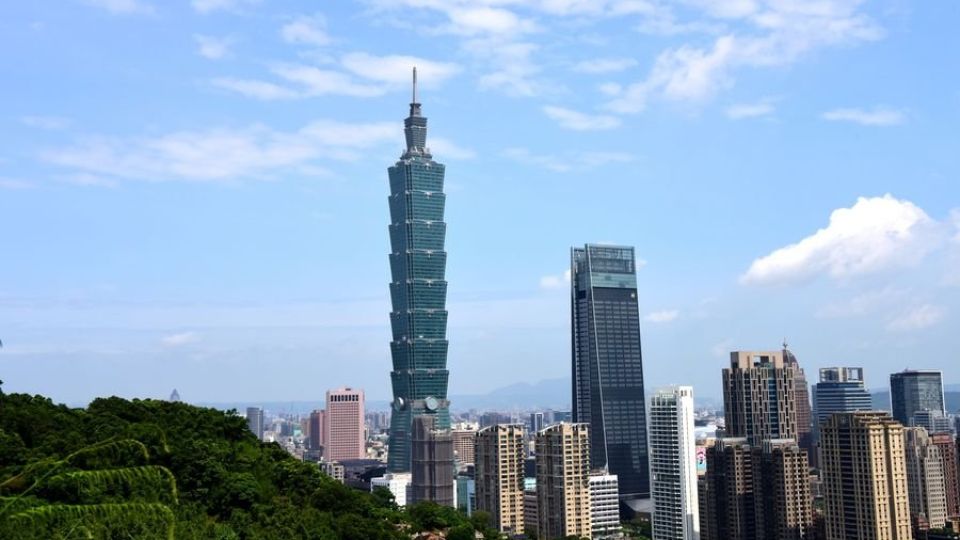February 13, 2023
BEIJING – A senior official of the Communist Party of China on Friday called for joining hands with Taiwan’s opposition Kuomintang party to oppose “Taiwan independence” and strive for national rejuvenation.
Wang Huning, a member of the Standing Committee of the Political Bureau of the CPC Central Committee, met with Hsia Li-yan, vice-chairman of the KMT, on Friday in Beijing. Hsia is leading a delegation, which arrived in Beijing on Wednesday to seek exchanges and cooperation.
Wang said the CPC and the KMT should consolidate the common political foundation of adhering to the 1992 Consensus and opposing “Taiwan independence”, deepen political mutual trust, maintain positive interactions and strengthen exchanges and cooperation.
The two parties should resolutely oppose “Taiwan independence” and external interference in the Taiwan question as well as work together to maintain peace and stability across the Taiwan Straits, Wang said.
They can also jointly promote cross-Straits exchanges and cooperation, and bring benefits to people on both sides of the Straits, he said.
Wang added that continued efforts will be made by the mainland to unite with compatriots in Taiwan to jointly achieve national reunification and rejuvenation.
Hsia expressed hope that the two parties will enhance mutual trust and communication on the basis of adhering to the 1992 Consensus and opposing “Taiwan independence”, so as to benefit people on both sides and promote peace and stability across the Straits.
During their stay in the mainland till Feb 17, Hsia and the KMT delegation attended exchange activities, including a symposium held on Friday morning to discuss cross-Straits relations and exchanges and cooperation in the post-pandemic era.


